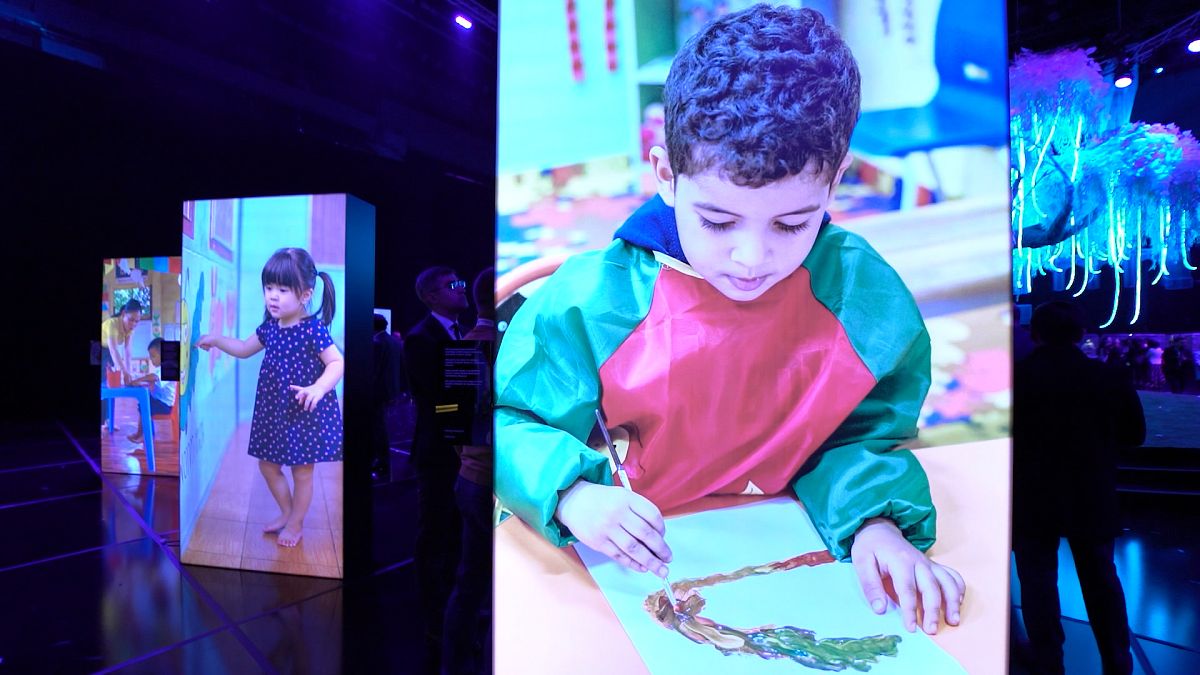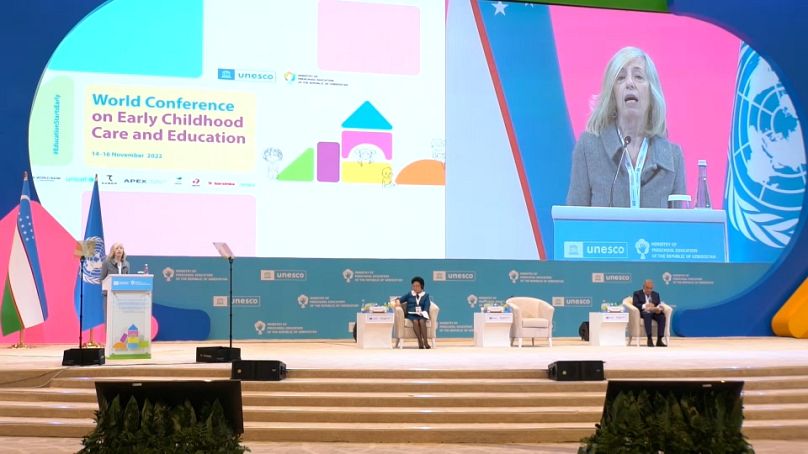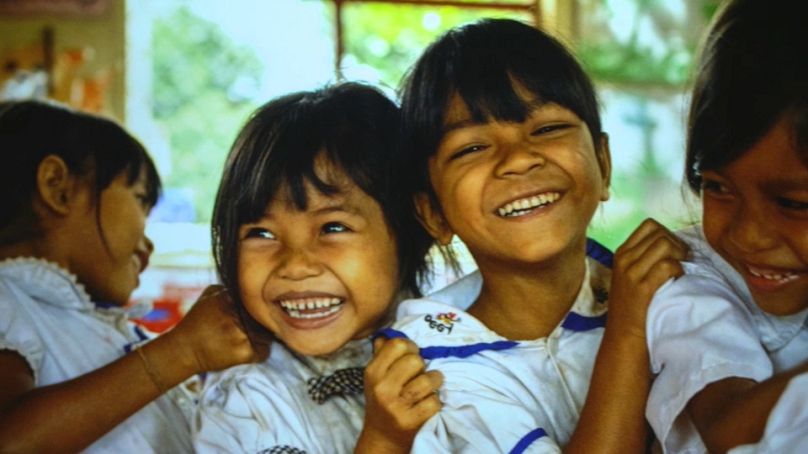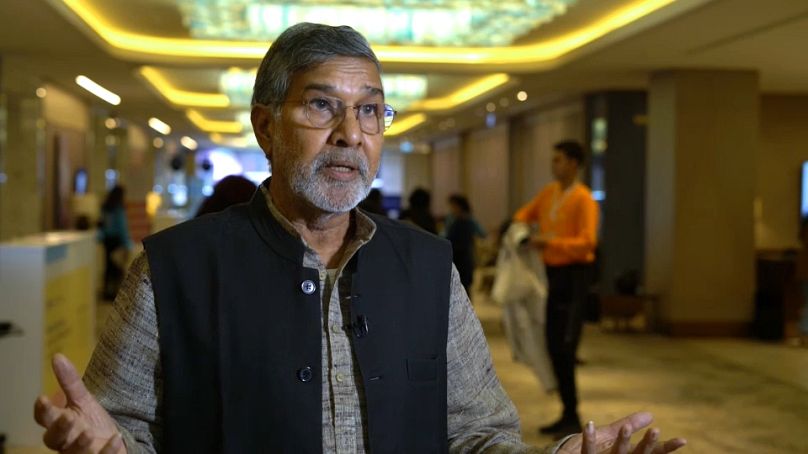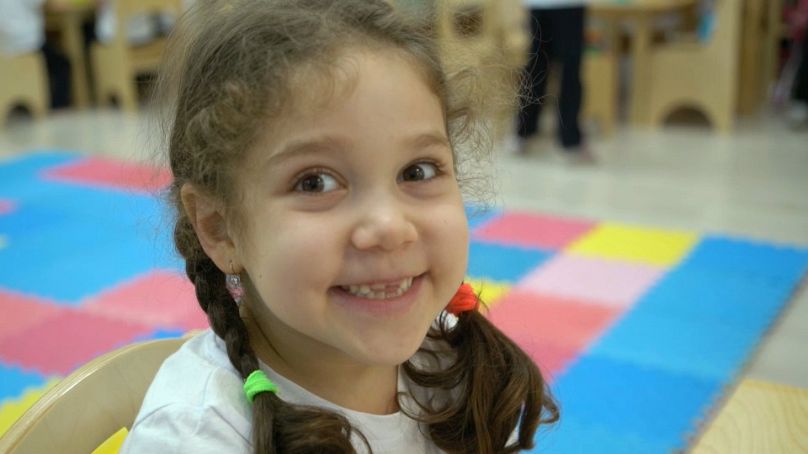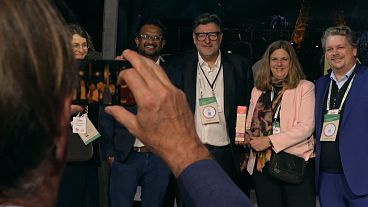The first 1000 days are the most important to a child's development. 90% of the brain is developed by the time a child reaches the age of 3. UNESCO Global Education Monitoring report has shown that access to preschool is still dependent on wealth, even in high-income countries.
How can we guarantee access to inclusive and high-quality care and preschool education to every child born on our planet? This was one of the main questions of the UNESCO World Conference on early childhood care and education (ECCE) that took place in Uzbekistan’s capital Tashkent.
Representatives of the member states of the organisation as well as experts from all over the world attended the conference to discuss strategies and make commitments.
“One-quarter of the world population of children age 5 to 6, that represents 33 million of children are still out of pre-schooling." Says Stefania Giannini UNESCO Assistant Director-General for Education. "So that’s why we are here, to mobilise member states, to mobilise all stakeholders, to mobilise all the communities which are engaged in education to make early childhood education happen."
At the beginning of the conference, guests visited the exhibition with photos of children in pre-schools across the globe. Unlike those children, many others do not have such opportunities.
UNESCO Global Education Monitoring report has shown that access to ECCE is still dependent on wealth even in high-income countries, as Anna Cristina D’Addio, Senior Policy Analyst, at UNESCO Global Education Monitoring explains.
“Exclusion is not linear. There are pockets of extreme exclusion, with children that belong to particular groups that are really left behind. In Europe for instance Roma children are left behind. This is something that we need to act upon, and to prioritise.”
There is a big disparity between low-income and high-income countries. One of the guests at the conference – famous activist for children’s rights Nobel Peace Prize Laureate Kailash Satyarthi urged the international community not to leave the children behind.
“What is needed is the honest political will, what is needed is to ask tough questions to ourselves and to everyone that why so many children are left out when we talk about Sub-Saharan children in particular and the children in the low-income countries, they are facing a serious crisis, educational crisis, health crisis, development crisis, the crisis of childhood and that cannot be ignored." Said Satyarthi.
One of the themes of the conference was access to ECCE in times of crises. Nour Jarrouj, is the Senior Advocacy Manager, for Moving Minds Alliance.
“When we are responding to crisis, we are only responding to shelter, food, hygiene kits, and stuff, and we tend to forget that critical window of zero to 5 years old, for us to intervene and make sure that they have mental health, they have spaces to play, to learn, to express themselves and have a normal childhood." Explains Jarrouj.
Evidence shows that a child’s early years are crucial for shaping the ability to learn and build a foundation for their future. The first one thousand days are the most important. By the time child reaches the age of three, 90 percent of the brain is developed.
Uzbekistan and other countries have shared its experience at the conference. Participants of the conference visited some of the new local pre-schools in Tashkent. In just five years, the number of children from the age of 3 attending pre-schools in Uzbekistan increased from 27 to 70%.
The main result of the conference was the adoption of the 'Tashkent Declaration and Commitments to Action for Transforming Early Childhood Care and Education'. One of the commitments is to ensure that ECCE supports children to tackle such global challenges as climate change and pandemics.
The ultimate goal is to move closer to achieving Sustainable Development Target 4.2 – to ensure that all girls and boys have access to quality early childhood care and education by 2030.
